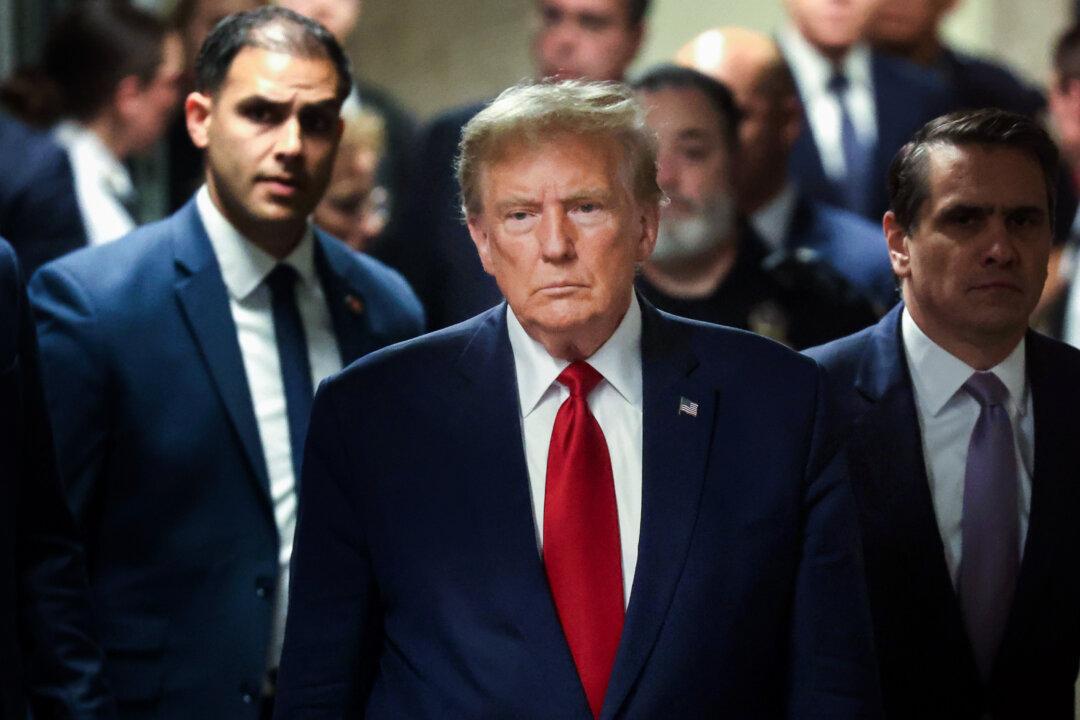New York Supreme Court Justice Juan Merchan said on Feb. 15 that former President Donald Trump’s “hush money” trial would proceed with jury selection starting on March 25.
President Trump’s attorneys blasted the decision to keep the March date, complaining that Trump will have to stand trial in New York at the same time as he is attempting to sew up the Republican presidential nomination.





